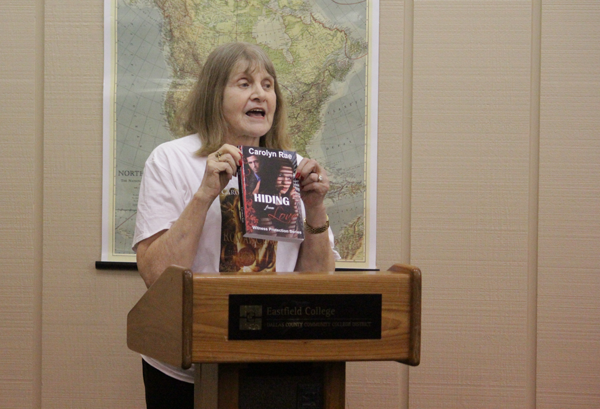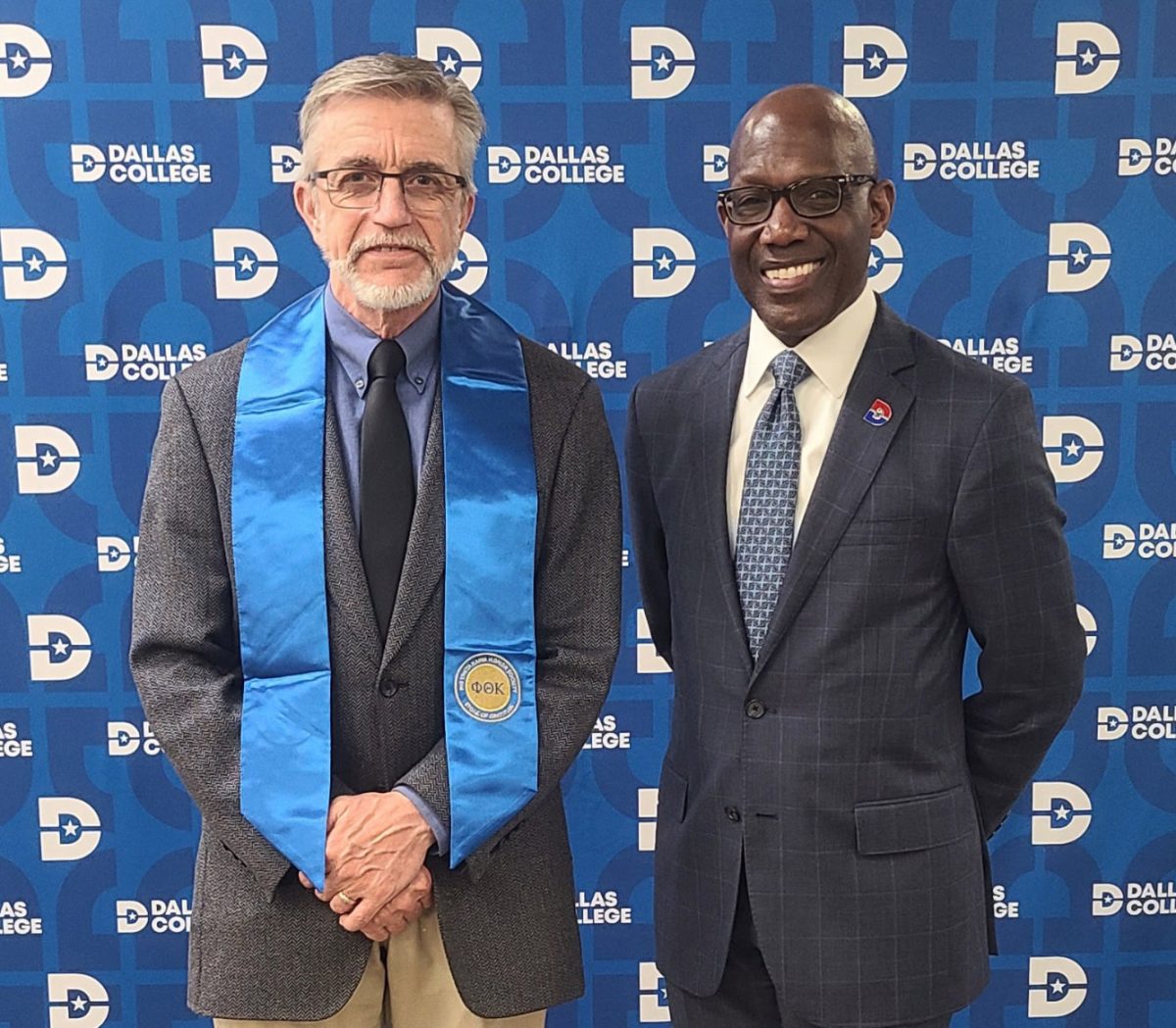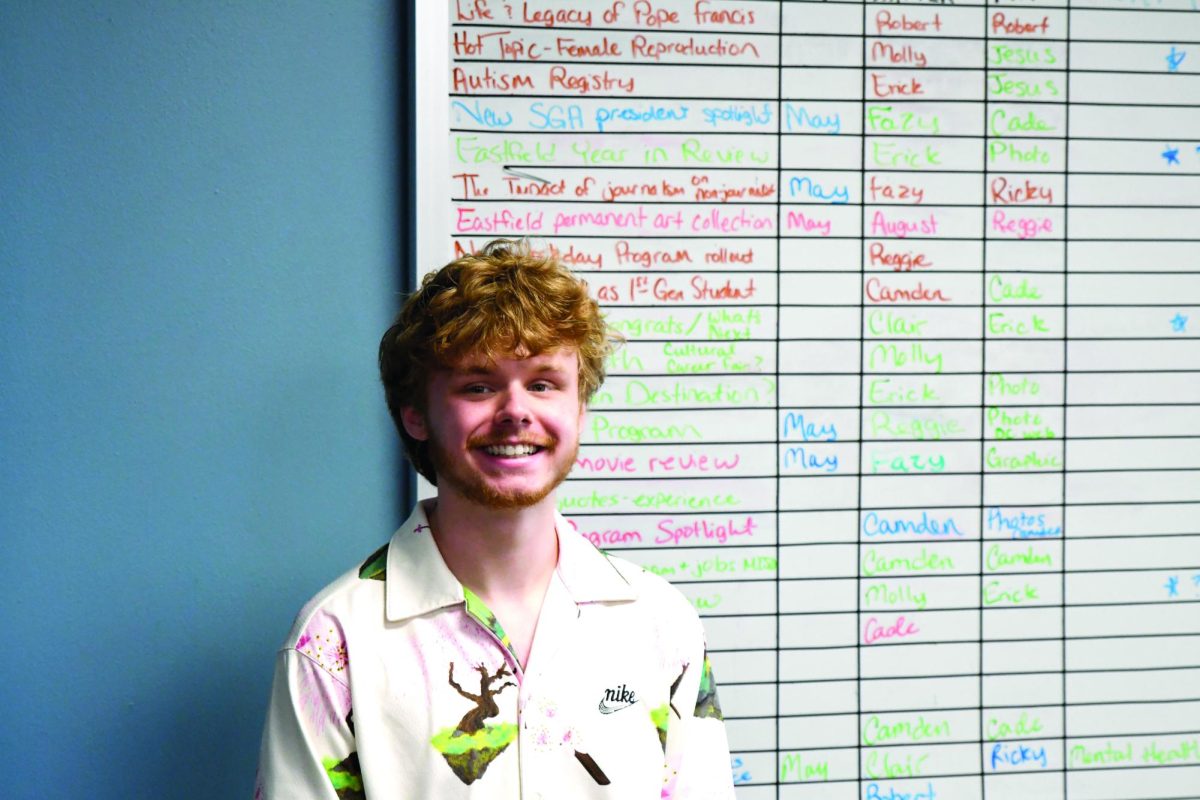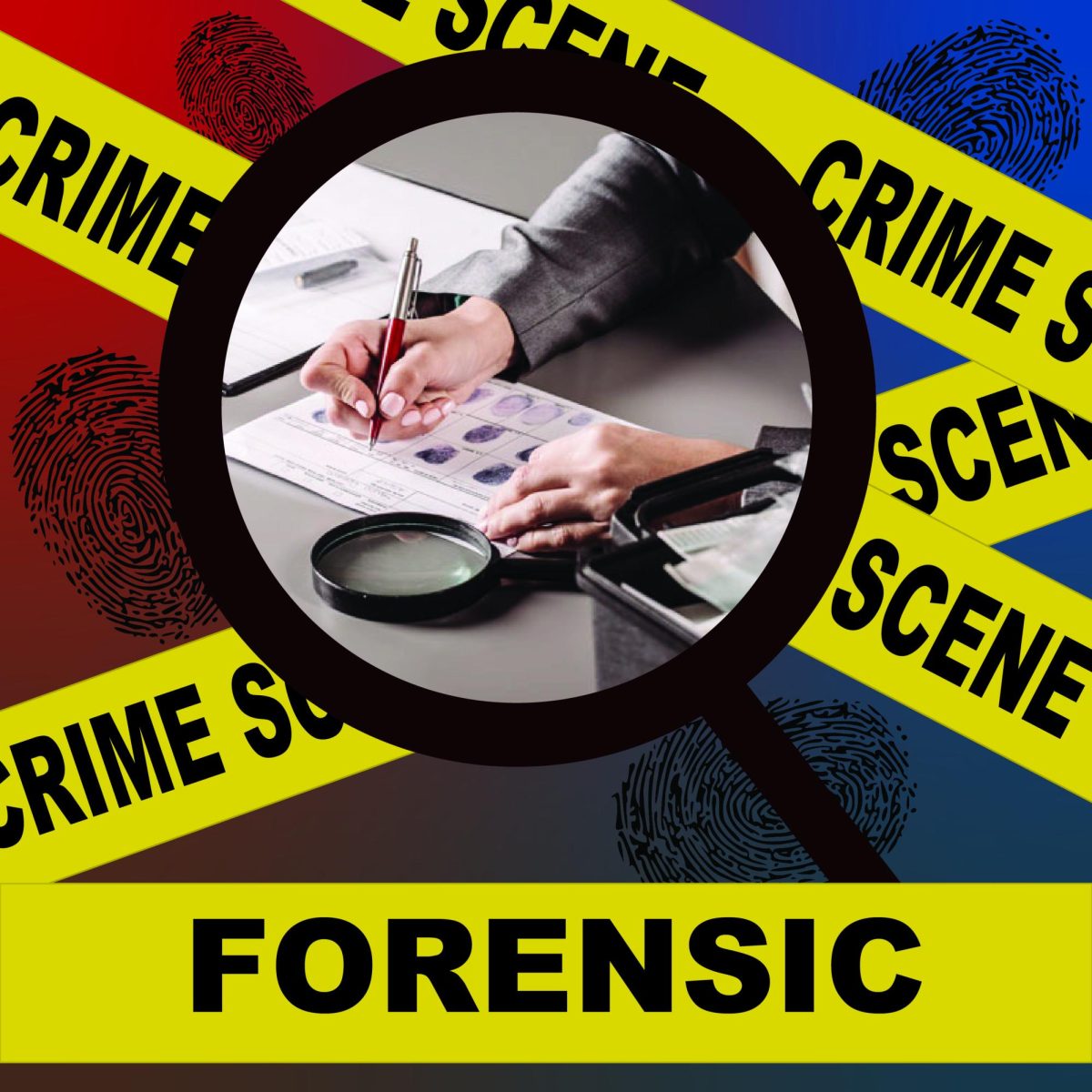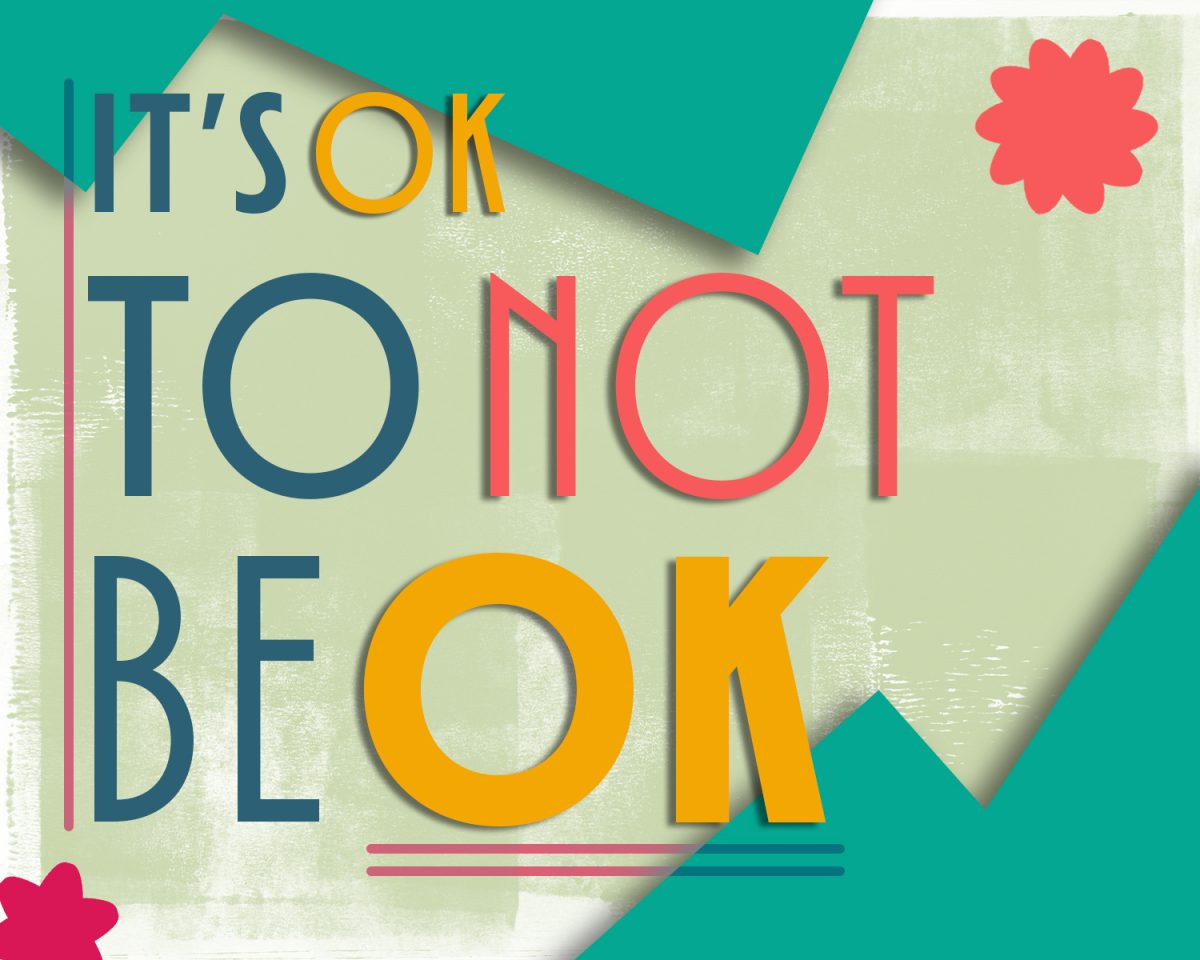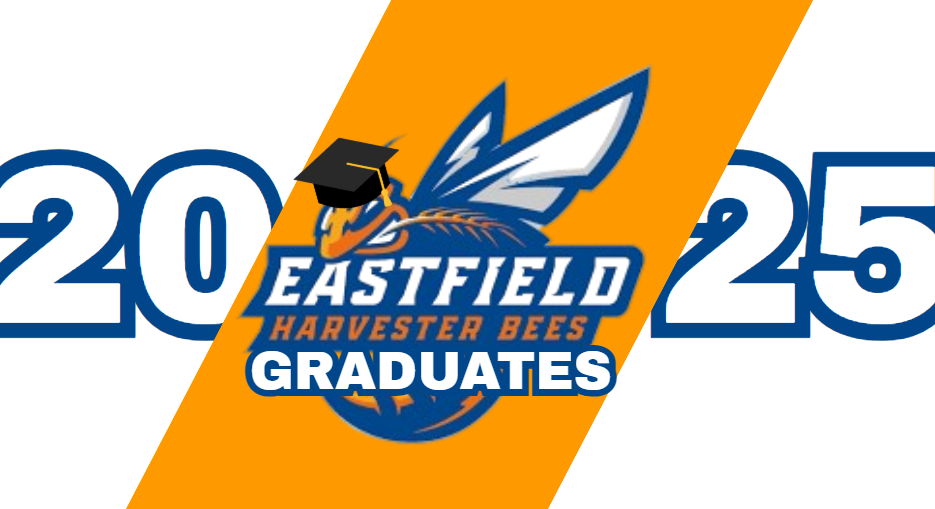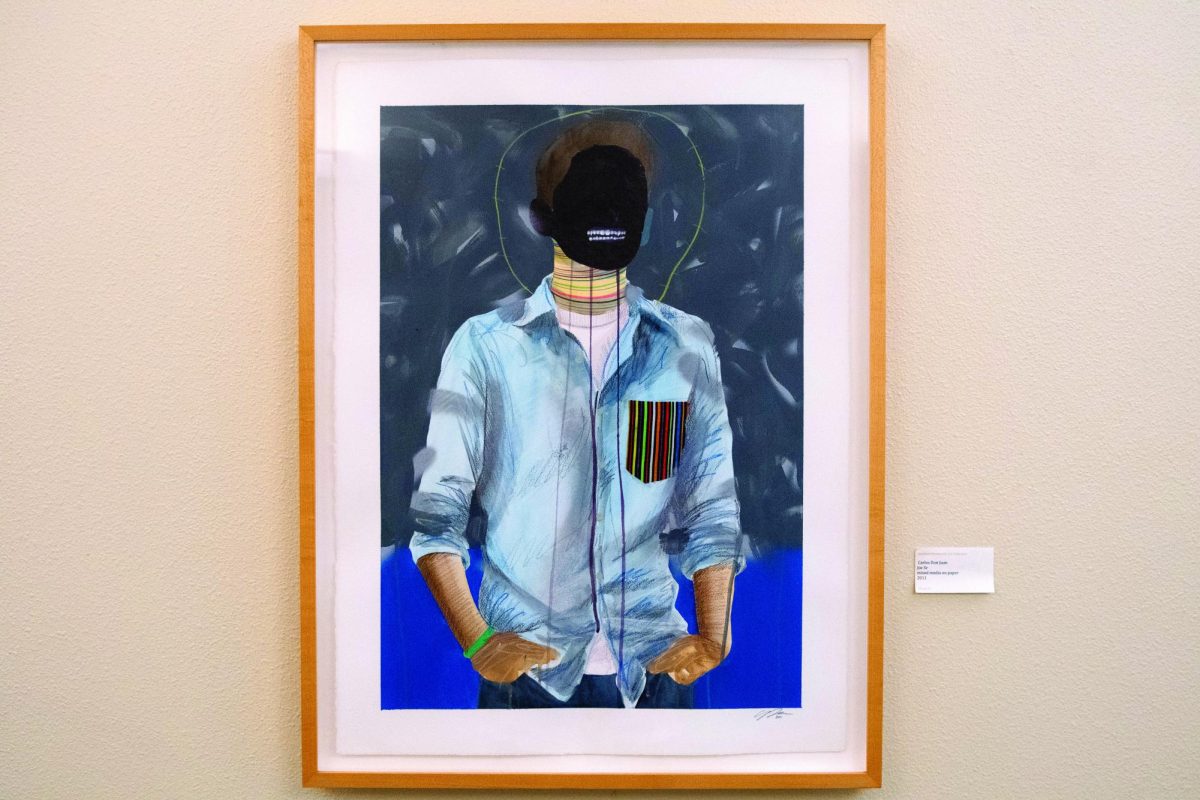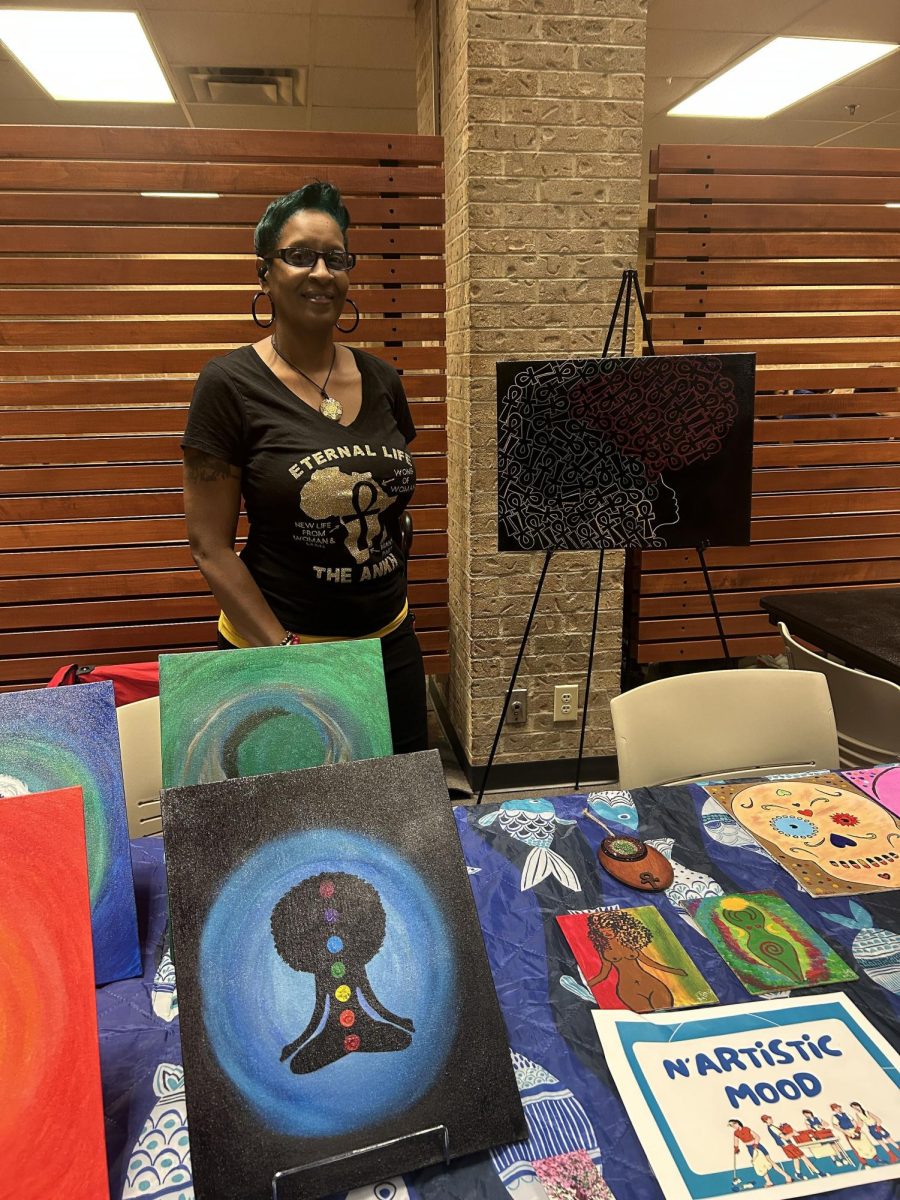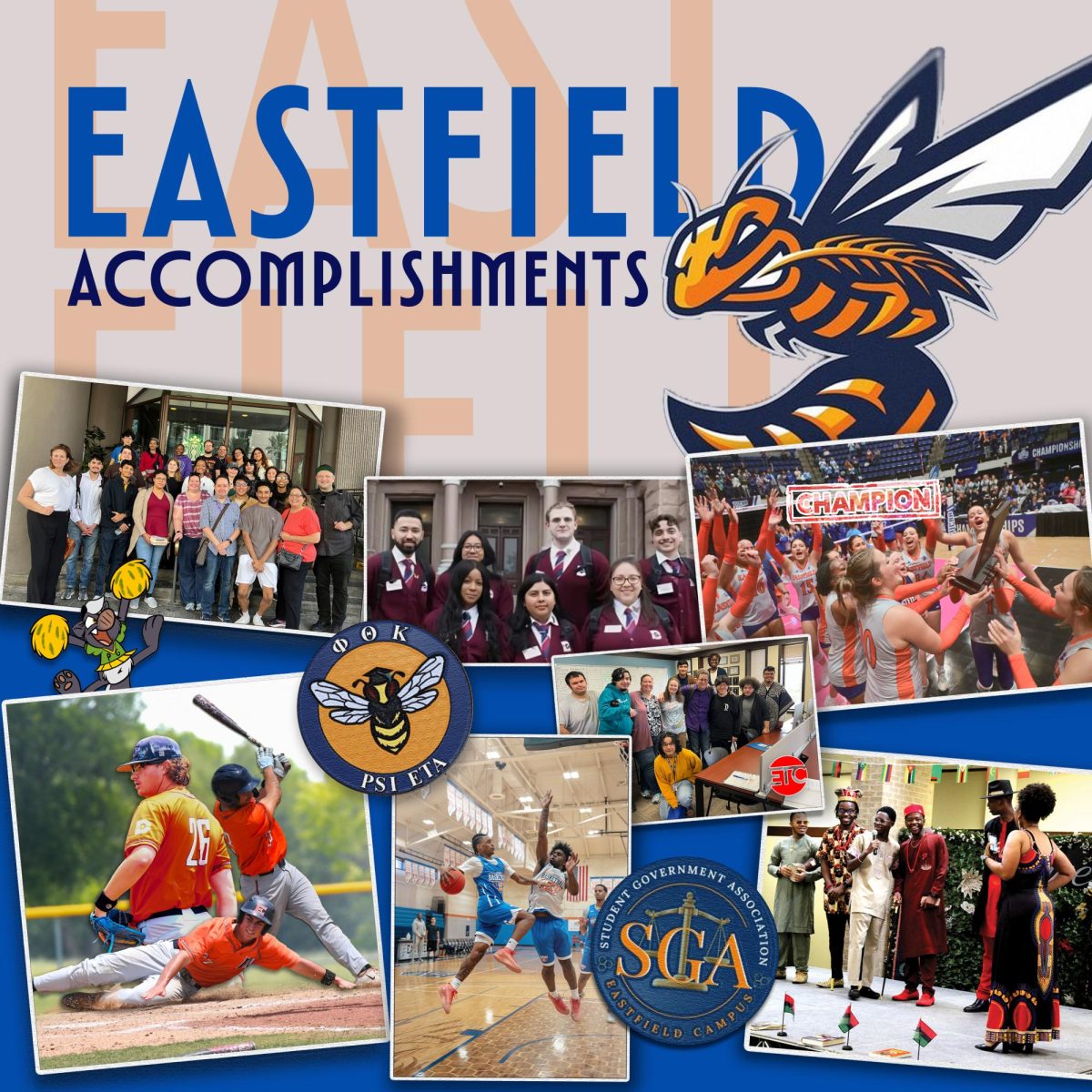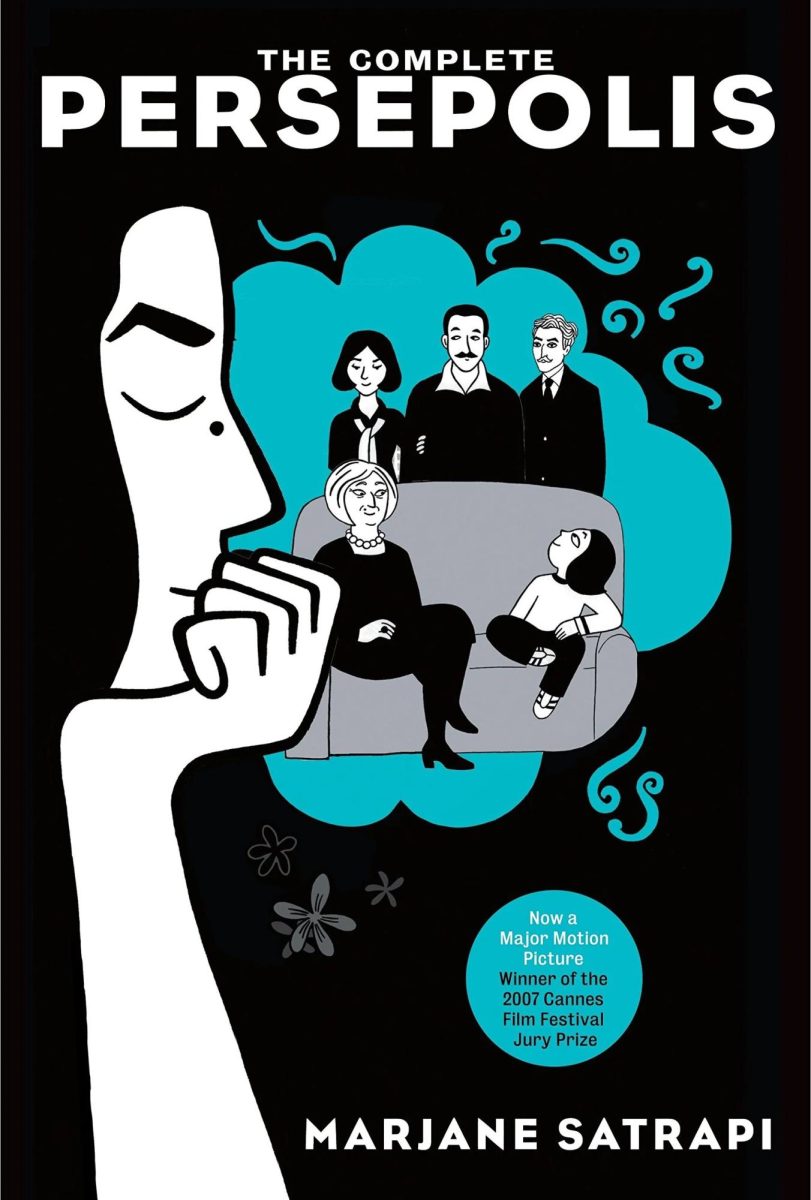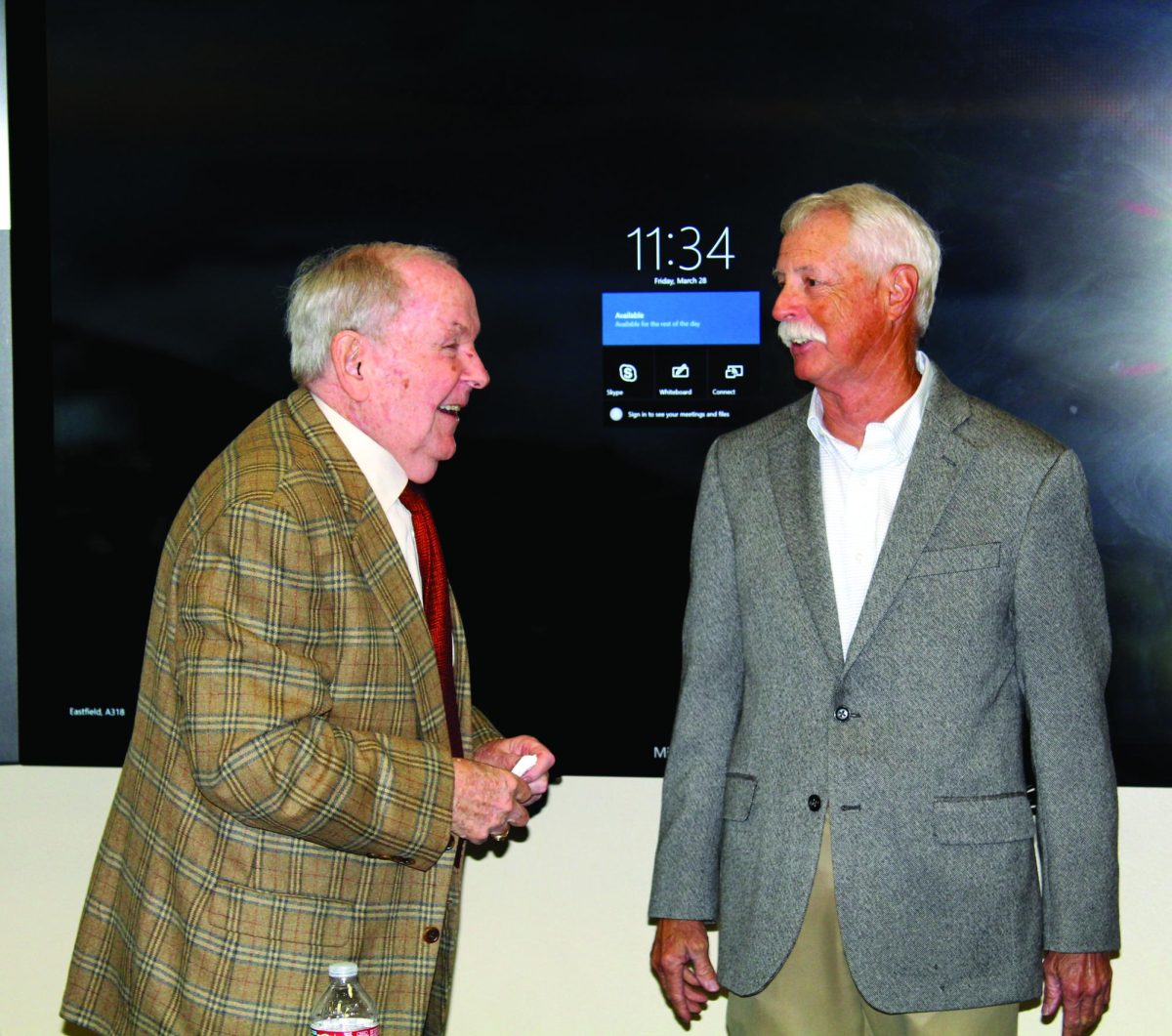
By Jennifer Sanmiguel
Six published authors from the DFW Writers’ Workshop signed books, read their work and answered questions at the “Back to the Stacks” event sponsored by The Link writing center.
The March 22 event in the library was intended to help student writers connect with local authors and draw in members of the community.
Interim Associate Dean of Arts and Communications Amy Dennis, who manages The Link, helped plan the event.
“Most of what we do is helping student writers, maybe as they’re trying to fulfill an assignment,” she said. “But we also have a lot of creative writers on campus too. People who love to write. And so I wanted to see The Link address that. Not just writing as an assignment but writing as something joyful, fun and creative, and maybe we could do something with a little bit of both.”
The six authors who attended were Russell C. Connor, Harry Hall, Melissa Lenhardt, Carolyn Rae, Pamela Skjolsvik and Arianne “Tex” Thompson.
Dennis said she hopes hearing about the authors’ experiences and struggles would encourage growing writers who already have a love for personal and academic writing.
Rae, a romantic suspense author who received many rejections from editors, now has five books published.
Lenhardt, a mystery, historical fiction and women’s fiction writer, released her second novel the week of the event.
Non-fiction author Hall spent years researching for his book about the long-forgotten pedestrians, female endurance walkers who were popular in the late 1800s.

“You can call yourself a writer if you sit down and you write,” Skjolsvik, a non-fiction author, said. “It doesn’t mean you have to be a published writer, but you have to write. … When you get some stuff down, learn how to query it, to get it out into the world for publication. Because that is ultimately what we want, to share our work with others.”
Several of the authors also gave advice about self-publishing, finding an agent and seeking a traditional publishing contract.
Fantasy-Western author Thompson also suggested looking outside the box for stories.
“If you want to do something that’s never been done before, your story needs to include people who haven’t been included before,” she said. “Because there have been a million handsome, rugged-jaw white guys who save the world, very few fat ladies have saved the world. Very few disabled people, very few neurodivergent people, very few people of color. There is a world full of people, of heroes, who we have never heard from before. We have tremendous power in our writing, and that power starts with listening to life experiences beyond our own so that we can create stories, worlds beyond our own.”
Be prepared for rejection, horror author Connor said.
“You can’t really be afraid of the ‘No,’ ” Connor said. “If you take a needle and keep poking yourself, eventually you won’t feel it. And that’s what rejection really is. It might sting a little bit in the beginning, but eventually you won’t feel that anymore and it’s all about having confidence in yourself.”
Thompson said rejection from one publisher could lead a story to the right publisher.
“If you can get acclimatized to small no’s from somebody you trust, the ‘this isn’t very good yet,’ then you can work up the courage to try for the big no’s… and maybe what you need is a healthy progression of no’s to get where you want to go,” she said.

